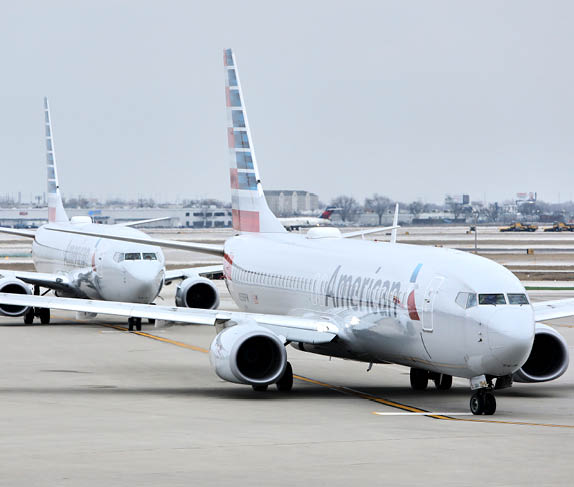Modern Performance-based Navigation (PBN) technology will allow airlines, airline passengers, airports to achieve significant environmental and economic benefits over the next few years, according to speakers at the annual Global PBN summit in Seattle.
PBN allows existing aircraft to fly precisely-defined paths without relying on ground-based radio navigation signals, while Required Navigation Performance, (RNP) an enhanced mode of PBN, ensures the aircraft stays on course and also enables additional navigational flexibility such as curved flight paths.
However, the fill benefits from this technology will not be realised if airlines fail to engage communities in the change process pertaining to community noise reduction, fuel savings and reductions in CO2 emissions.
RNP navigation paths could drastically reduce the number of people living near airports affected by the noise of aircraft traffic. SeaTac airport near Seattle is working to implement RNP but to do so, old inefficient paths have to be replaced by newer, more efficient RNP paths that route the aircraft over different parts of the community. Even though fewer people are affected by noise, the new paths can create issues for those who are.
When this was attempted in Perth, Australia, although it reduced CO2 emissions significantly as well as noise, the project was almost halted by complaints from two residents that the new aircraft paths created a disturbance for them. The message from speakers at the Summit is that this kind of confrontation can be avoided if the community had been engaged early on in the process.

